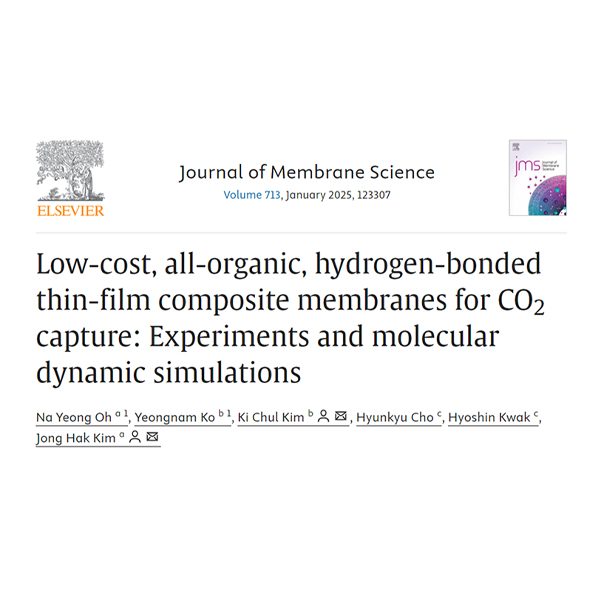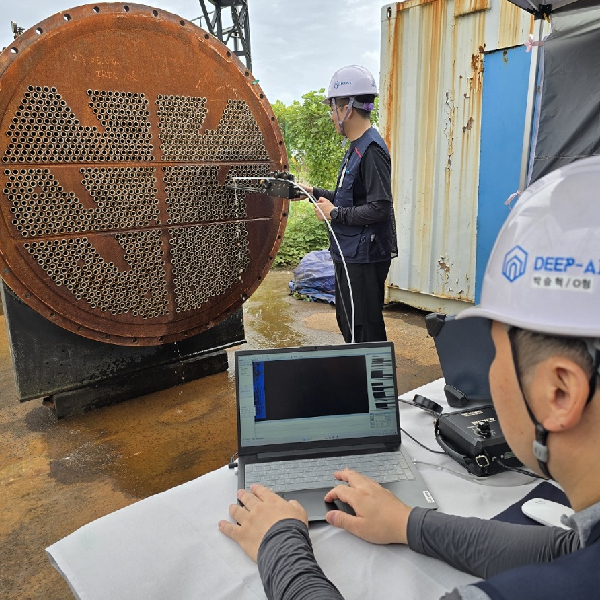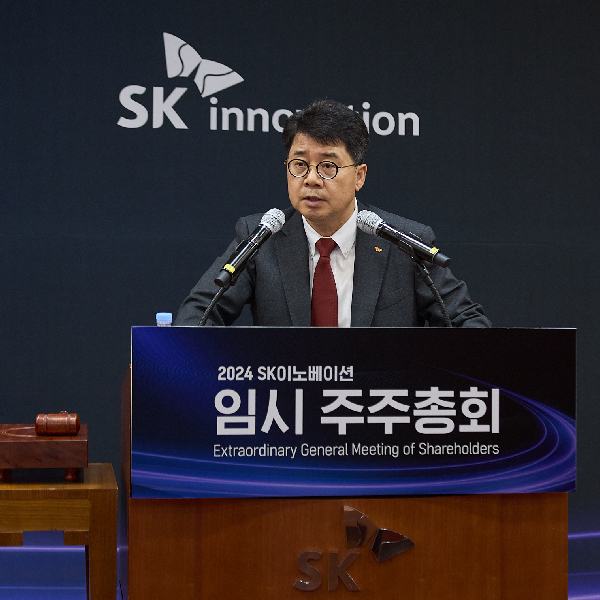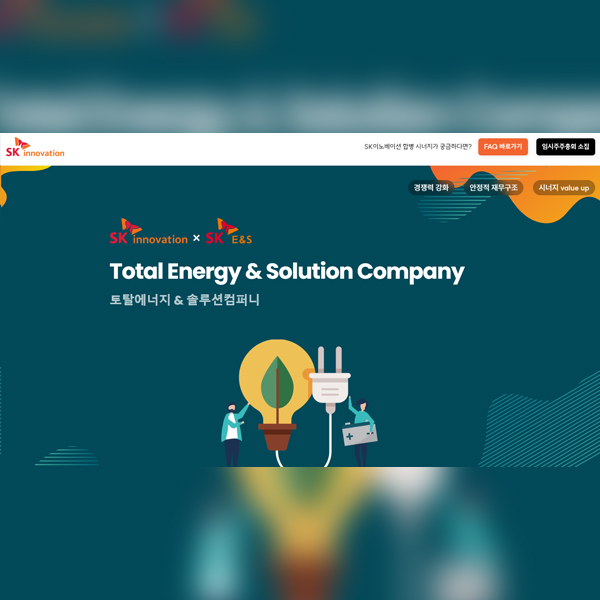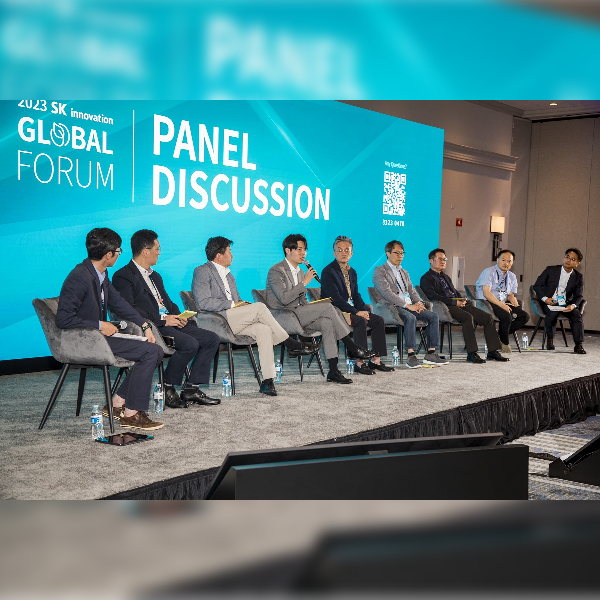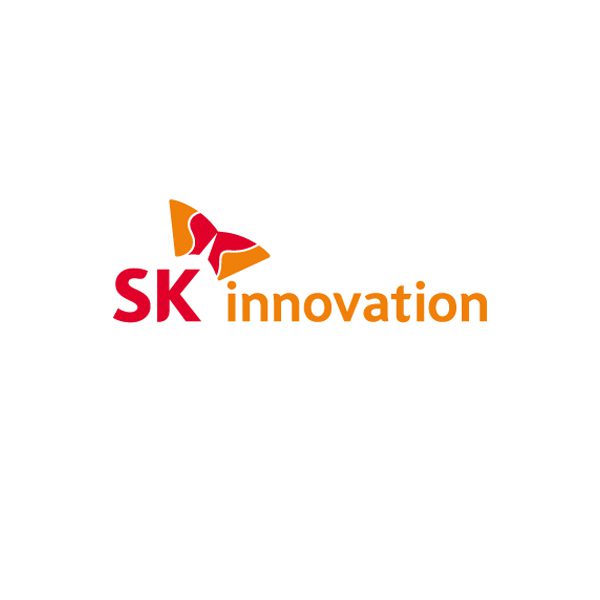 SK Innovation
SK Innovation■ Agreement signed with PolyPlus, a U.S. battery technology development firm, for joint development of lithium metal battery
■ Goal is to complete the development of conductive glass separator by 2021, bringing the commercialization of lithium metal battery one step closer
■ First example of “Open Innovation,” which reduces uncertainties through cooperation with outside expert organizations
SK Innovation (www.SKinnovation.com) CEO & President Kim Jun revealed that it had signed a Joint Development Agreement with PolyPlus Battery Company (hereafter Polyplus) on the 18th (local time) for the development of lithium (Li) metal batteries.
This technology was acquired through the “Open Innovation” method that SK Innovation is pursuing as a strategy to aggressively secure core technologies of the future.
This agreement will have SK Innovation providing funding to the research and development (R&D) efforts for the conductive glass separator, a technology possessed by PolyPlus. Share investments and technological license options are under review.
SK Innovation plans to complete the research on conductive glass separators by the second half of 2021 and apply the technology to the development of lithium metal batteries. Lithium metal batteries use lithium cathodes, which have more than 10 times the capacity of those made out of graphite. These batteries have energy densities of nearly 1,000 Wh/ℓ—almost twice the standard lithium-ion battery—and, thus, are seen as one of the next-generation battery models for the future of electric vehicles (EV).
However, lithium metal batteries tend to form lithium dendrites (tendril-shaped crystals that form on the surface of metal) around the cathode over the course of charging. These dendrites puncture and damage the separators, eventually causing a fire.
Conductive glass separators are designed to suppress these dendrites and thereby stabilize the lithium metal batteries in action, making them the core components for the commercialization of lithium metal batteries. This technology is expected to bring about the commercialization of lithium metal batteries much closer to reality.
This agreement is the first example of the SK Innovation’s Institute of Technology Innovation acquiring technology through the new Open Innovation, which has been in place since last year. Open Innovation refers to a method of technological acquisition where the company establishes consortiums or other cooperative projects with external experts like other companies, universities, or research centers, thereby effectively reducing the uncertainties associated with technological investments.
Quick decision-making allows the participants to minimize the risks, while cooperation with other companies that possess the technologies can accelerate the development of new technologies. This technique is often used in biomedical, pharmaceutical, and green energy industries because it allows the companies to acquire the technologies in a timely and responsive manner toward changes in technological trends.
Since 2017, SK Innovation has worked to establish cooperative R&D ecosystems with major research centers and universities of the United States and Europe. These efforts represent the company’s dedication to continuing its overtures toward cooperative ecosystems. Other R&D cooperative schemes in place include battery metal recycling and the development of environmentally friendly materials.
Director Lee Seong-jun of SK Innovation Institute of Technology Innovation emphasized that “technology is the core competence in the race for leadership in the EV battery business.“ He added, “We will continue using Open Innovation to expand our cooperative relationships with other organizations.“
SK Innovation last year decided to focus its investments on the battery business, building battery production facilities in Korea; Changzhou, China; Komárom, Hungary; and Georgia, United States. The company’s goal is to achieve a total production output of 60 GWh by securing additional orders.
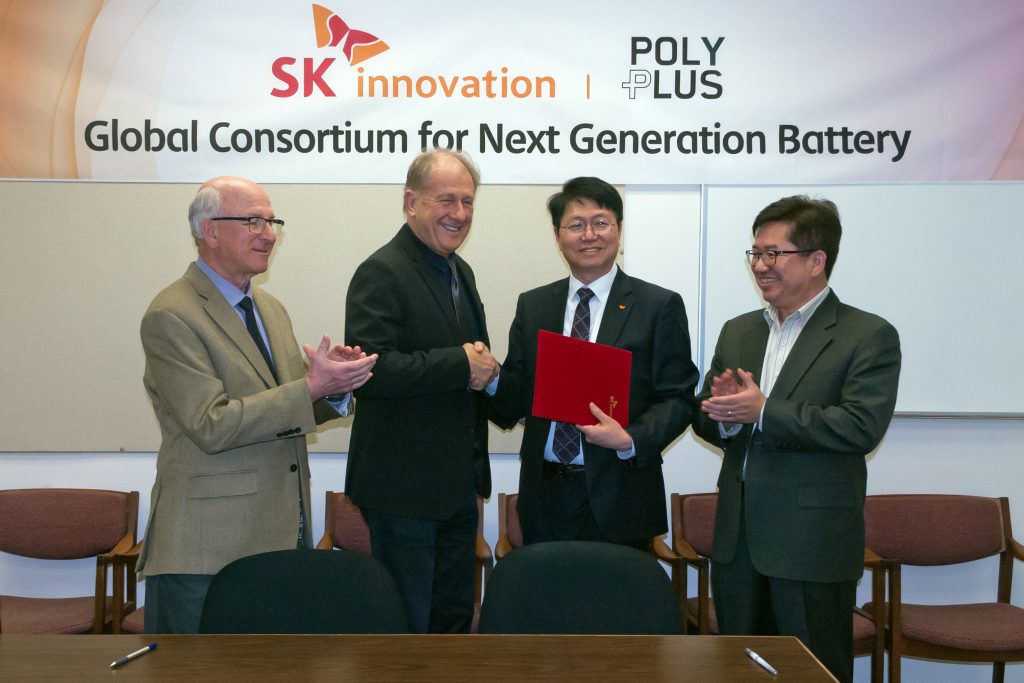
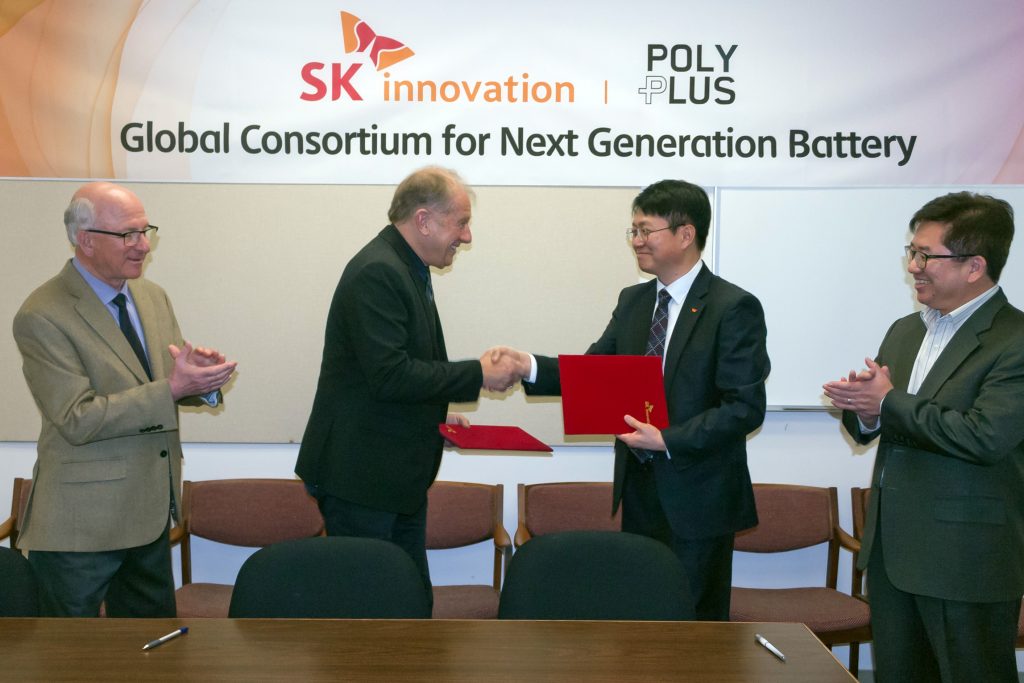
▲ At 4:00 p.m. (local time) on the 18th, director Lee Seong-jun of SK Innovation Institute of Technology Innovation (third from left) and CEO Steven J. Visco of PolyPlus Battery Company (second from left) signed the Joint Development Agreement for lithium metal batteries in Berkeley, California.










 Youtube
Youtube Facebook
Facebook Instagram
Instagram Linkedin
Linkedin









